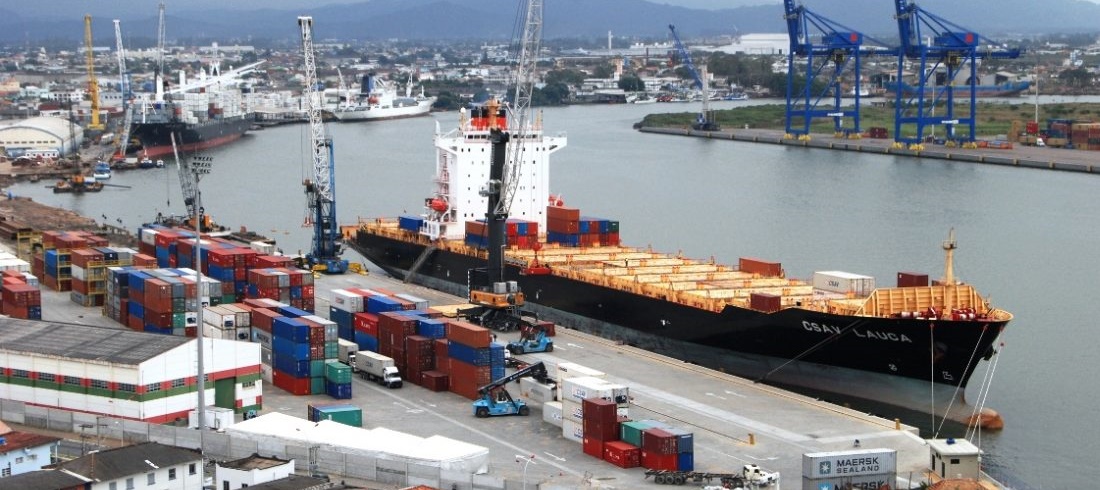
Itajaí Port being assessed for possible privatization
Sep, 29, 2020 Posted by Ruth HollardWeek 202040
On September 24, Empresa de Planejamento e Logística (EPL), signed a contract with the Demarest / EXE Engenharia / MIND consortium to develop a diagnosis of the Port of Itajaí, in Santa Catarina. The service includes the collection and analysis of data and information that will support EPL’s work in the process of privatizing the terminal.
The consortium will be responsible for a preliminary assessment of the current situation at the Port of Itajaí. This stage includes mapping the main markets in which the port is inserted and its competitors, movement history, use of areas, and the main challenges to competitiveness.
EPL will be responsible for preparing the studies that will allow the privatization of the port. Possible legal-regulatory models will also be evaluated, with a breakdown of legally possible and technically appropriate arrangements.
“Our studies aim to give the Port of Itajaí greater competitiveness, economic dynamism and new businesses related to the enterprise, generating income, jobs and wealth for the municipality and region”, explained Artur Lima, EPL’s CEO.
The privatization project for the Port was sent to EPL by the Ministry of Infrastructure in April this year. The work plan developed by EPL in conjunction with the National Secretariat for Ports and Waterway Transport establishes 28 months for the studies to be completed. Qualified as a public-private partnership on June 10, 2020, it is expected to go to auction in 2022.
The following graph shows the cargo movement via the Port of Itajai since 2017:
Cargo Movement via Port of Itajaí | Jan 2017 to Aug 2020 | WTMT
-
Ports and Terminals
Dec, 16, 2024
0
Federalization of the Port of Itajaí Advances as Lawyer is Appointed to Lead the Process
-
Grains
Nov, 13, 2023
0
Argentina’s First 100% Sustainable Soy Meal Export Sets Sail to Spain
-
Ports and Terminals
Sep, 18, 2024
0
Brazil Government Pushes to Fast-Track Transnordestina Railway Extension to Pecém Port
-
Meat
Aug, 18, 2021
0
MAPA already has a validated method for diagnosing African Swine Fever

